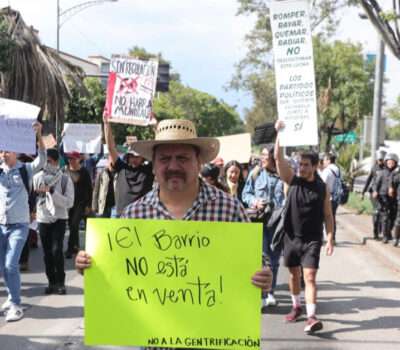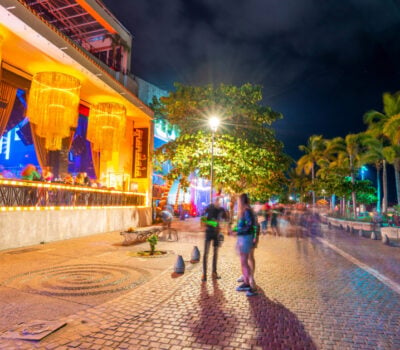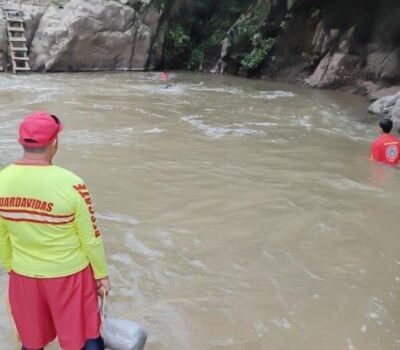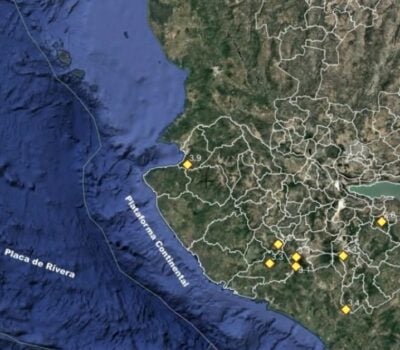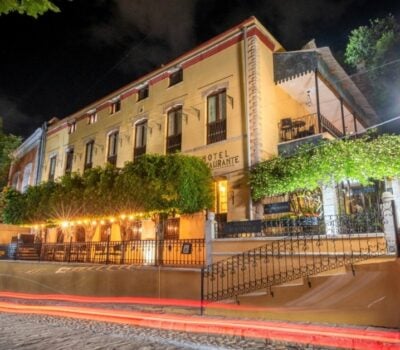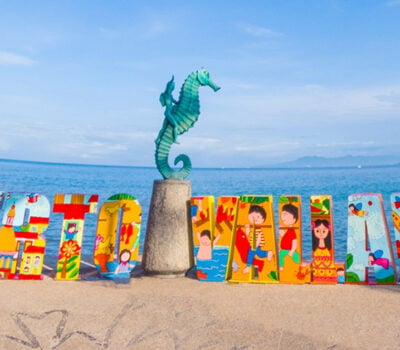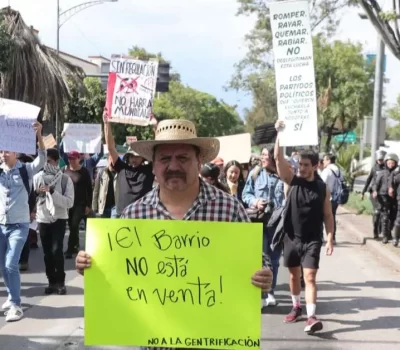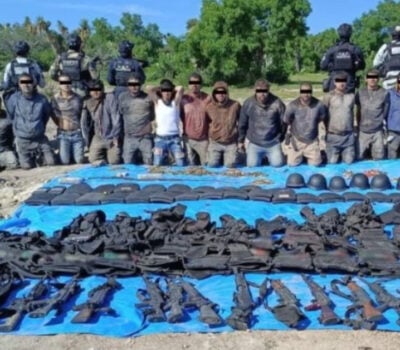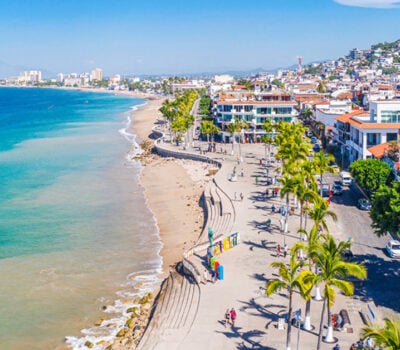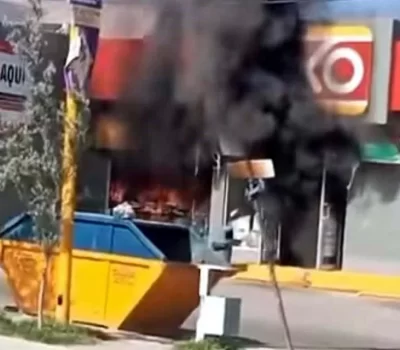The Banderas Bay area cemetery crisis leaves Cabo Corrientes, Puerto Vallarta and Bahía de Banderas scrambling for burial spaces as overcrowding and legal hurdles stall new cemetery projects.
The three municipalities that form the Bay Area Metropolitan Zone—Cabo Corrientes and Puerto Vallarta in Jalisco, and Bahía de Banderas in Nayarit—are scrambling to find room for their deceased. Existing cemeteries are full or lack clear legal status, and new burial grounds remain on hold.
In Cabo Corrientes, six small cemeteries serve each of the region’s towns. But the main cemetery in El Tuito, the municipal seat, has operated beyond capacity since the previous administration. Mayor Joaquín Romero Bravo says the city council is working to secure legal approval for an expansion next to the existing site. “We have land ready, but we need clear title and permits before digging graves,” he explains. Months of paperwork have delayed the project, and families are growing anxious for a solution.
Puerto Vallarta’s municipal cemeteries also reached capacity earlier this year. Only a handful of plots remain at Cementerio El Progreso, and projections show those spaces run out by June 2025. The last two administrations—first under Morena’s Luis Michel and then his deputy José Martínez—began land acquisition and site development in the hamlet of El Zancudo. More than 100 million pesos covered land purchase and preliminary work, but the site still lacks roads, fencing and utilities. Local officials estimate at least 50 million pesos more are needed before burials can begin. Governor Luis Munguía’s administration promises to finalize the budget, but so far the new cemetery sits unused.
In Bahía de Banderas, the challenge takes a different form. The area holds several ejido-run burial grounds, but ejidatarios reserve those for community members only. Outsiders seeking plots face long waits or must travel farther inland. Former PAN mayor Jaime Cuevas launched plans for a public cemetery in San Juan de Abajo, but the Morales administration never secured a location with full legal and health permits. Mayor Héctor Santana notes that without proper land titles and sanitary approval, the new site cannot open. “We cannot bury residents in a cemetery that lacks state health clearance,” he says.
With no ready alternatives, funeral homes are diverting families to private cemeteries in nearby towns or urging cremations. Local religious leaders warn that rising costs and limited space could create social tensions. Residents have begun petitioning municipal councils for emergency measures or temporary burial zones.
City councils in all three municipalities acknowledge the urgency. They face competing priorities: balancing budgets, completing environmental impact studies and securing public health approvals. Meanwhile, graves accumulate in overcrowded plots and families wait for final resting places. If the Bay Area Cemetery Crisis continues unresolved, it could drive up funeral costs, fuel community unrest and force residents to seek distant solutions.
For now, mayors and councilors say they are in constant talks with state authorities to unlock funding and fast-track permits. But without swift action, the shortage will grow sharper with each passing week, turning a logistical challenge into a potential public health and social emergency.



